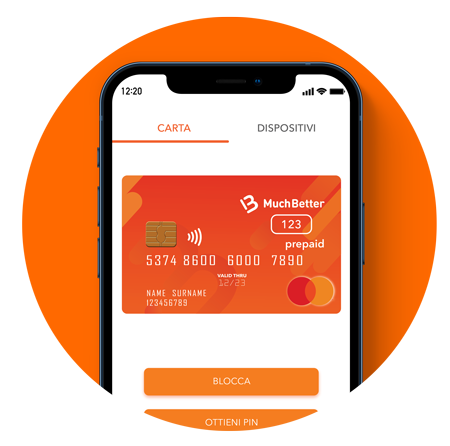În timpul pandemiei, plățile prin aplicații și smartphone-uri au crescut cel mai mult, deoarece evită transmiterea cardurilor și a numerarului din mână în mână. Dar acum, pe lângă protecția împotriva virusului, există un nou portofel digital care vă permite să vă apărați de furturi și fraude online. Iată cum:
În ciuda scăderii generale a cheltuielilor cauzate de pandemia de coronavirus, care a dus la blocări și restricții care au determinat închiderea multor magazine, cafenele, restaurante și activități economice și comerciale, 2020 a cunoscut un adevărat boom al plăților digitale, care, conform datelor analizate de Observatorul pentru plăți inovatoare de la Politecnico di Milano, a crescut de la Școala de Management a Politecnico di Milano, de la Școala de Management al Politecnico di Milano, valoarea totală a plăților în țara noastră, ajungând la 5,2 miliarde tranzacții în valoare de 268 miliarde euro.
Potrivit studiului, plățile prin carduri contactless au crescut cel mai mult (creștere cu 29%), dar și cele efectuate prin dispozitive purtabile și aplicații de plată instalate pe smartphone-uri, care au crescut cu 80% față de anul precedent. Acest succes, potrivit raportului, poate fi atribuit, printre altele, capacității de a efectua plăți fără a trece fizic numerar și carduri de plată din mână în mână, minimizând astfel șansa de răspândire sau de contractare a coronavirusului în momentul contactului.
Dar, deși frica de virus și căutarea unor metode de plată care să poată proteja consumatorii au fost printre principalii factori care au determinat boom-ul, de multe ori subestimăm, pe de altă parte, pericolul pe care îl prezintă frauda și furtul online, care sunt și „viruși”. Și chiar dacă clar nu sunt comparabile cu Covid, ele sunt totuși periculoase: nu pentru sănătate desigur (cel puțin nu direct), dar cu siguranță pentru economiile potențialelor victime.
Pentru a ne proteja de pandemie, acum suntem cu toții obișnuiți cu măști și dezinfectant pentru mâini, dar a ne proteja de pericolele și capcanele lumii digitale poate fi mai complex. Cu toate acestea, această problemă poate fi atenuată de serviciile de plată care fac mai mult decât să funcționeze ca „portofele digitale”, punând în același timp securitatea pe primul loc.



